Introduction
Explore Health Concerns for Dogue de Bordeaux: key issues in this strong breed.
- Despite its impressive stature, this breed is prone to several health issues
- Awareness and preventive care are crucial for maintaining their well-being
- This article explores the top ten health concerns for Dogue de Bordeaux
- We will cover prevention strategies and care tips for each concern
- Understanding these issues helps ensure a long, healthy life for your Dogue de Bordeaux
1. Hip Dysplasia
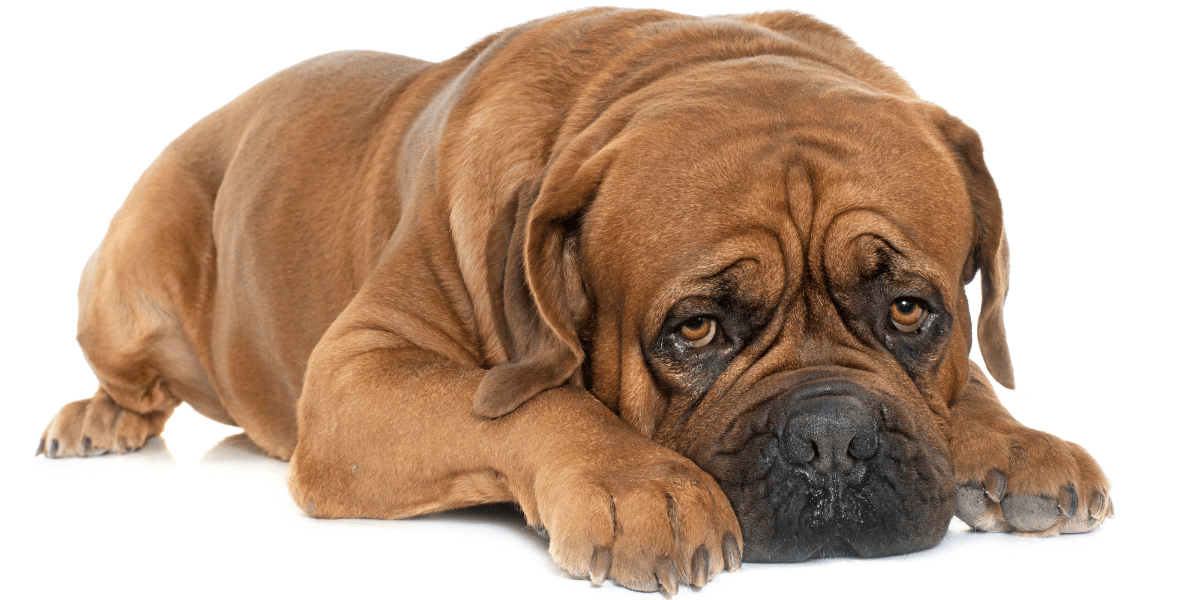
Hip dysplasia is a common skeletal condition in large breeds like the Dogue de Bordeaux.
- Definition: Hip dysplasia involves malformation of the hip joint
- Symptoms: Watch for lameness or difficulty in movement
- Diagnosis: Vet examination and X-rays confirm the condition
- Treatment: Options include medication or surgical intervention
- Prevention: Ensure responsible breeding practices
- Management: Weight management and joint supplements can help
- Prognosis: Early treatment improves the quality of life
2. Elbow Dysplasia
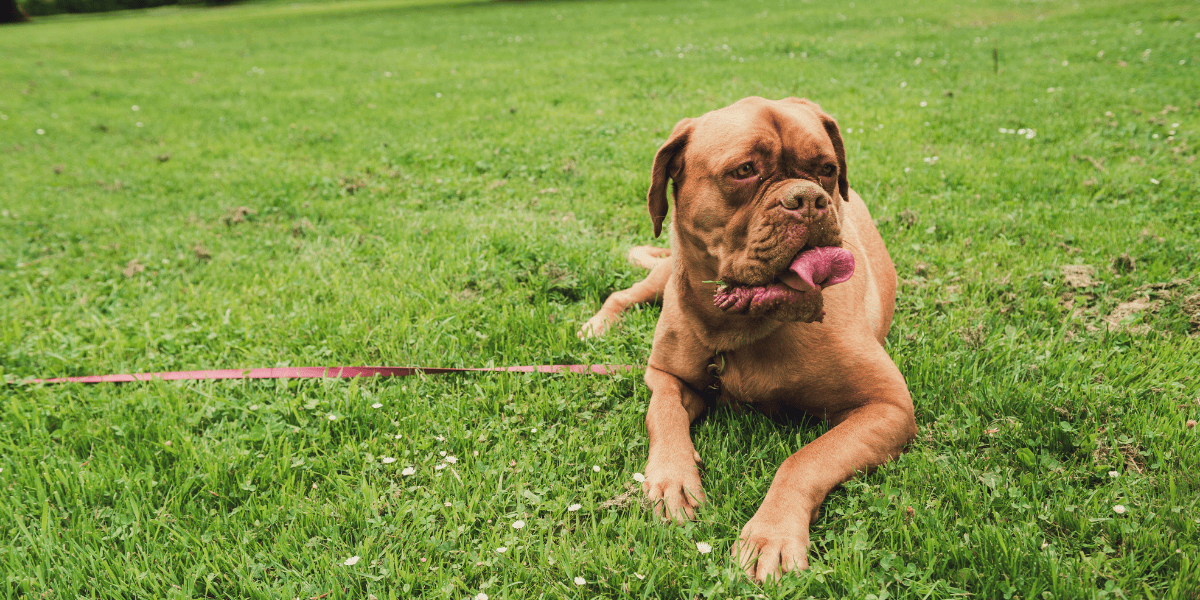
Elbow dysplasia affects the elbow joint, leading to pain and mobility issues.
- Definition: This condition involves abnormal development of the elbow joint
- Symptoms: Notice any limping or reluctance to exercise
- Diagnosis: Requires veterinary examination and imaging
- Treatment: Management may involve surgery or medication
- Prevention: Choose reputable breeders with good breeding practices
- Management: Joint supplements and controlled exercise are beneficial
- Prognosis: Early intervention can significantly improve outcomes
3. Bloat (Gastric Dilatation-Volvulus)
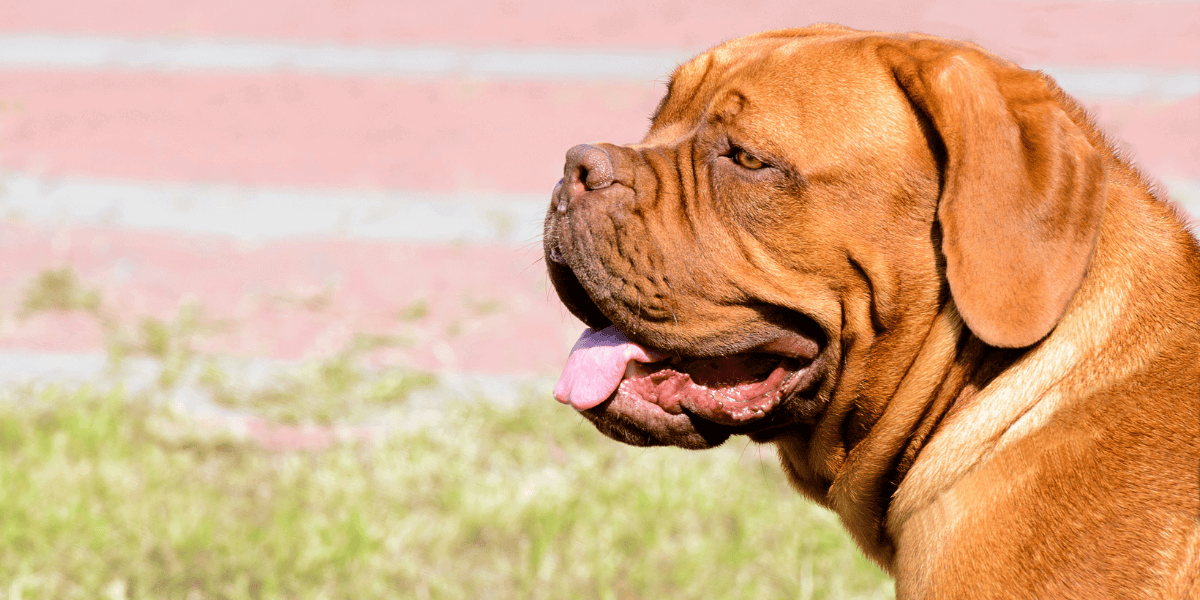
Bloat is a life-threatening condition where the stomach twists and fills with gas.
- Definition: Bloat occurs when the stomach fills with gas and twists
- Symptoms: Look for a distended abdomen and excessive drooling
- Diagnosis: Immediate veterinary care and imaging are necessary
- Treatment: Emergency surgery is often required
- Prevention: Avoid feeding large meals and vigorous exercise post-meal
- Management: Monitor for early signs and seek prompt care
- Prognosis: Survival depends on swift treatment
4. Heart Disease

Heart disease can affect the Dogue de Bordeaux, leading to various symptoms.
- Definition: Includes conditions like dilated cardiomyopathy and mitral valve disease
- Symptoms: Watch for coughing, lethargy, and difficulty breathing
- Diagnosis: Requires veterinary assessment and diagnostic tests
- Treatment: Medication and lifestyle changes can manage symptoms
- Prevention: Regular check-ups and a healthy diet are key
- Management: Follow your vet’s advice on medication and exercise
- Prognosis: Early diagnosis and treatment can improve quality of life
Learn about heart disease in Dogue de Bordeaux and explore Great Danes health issues every owner should know.
5. Skin Conditions

Skin issues are common in Dogue de Bordeaux, leading to discomfort and irritation.
- Definition: Includes conditions like dermatitis and fungal infections
- Symptoms: Look for redness, itching, and hair loss
- Diagnosis: Veterinary examination and skin tests are required
- Treatment: May involve topical treatments or medication
- Prevention: Maintain good hygiene and regular grooming
- Management: Address any skin issues promptly to avoid complications
- Prognosis: Most conditions are manageable with proper care
6. Eye Problems
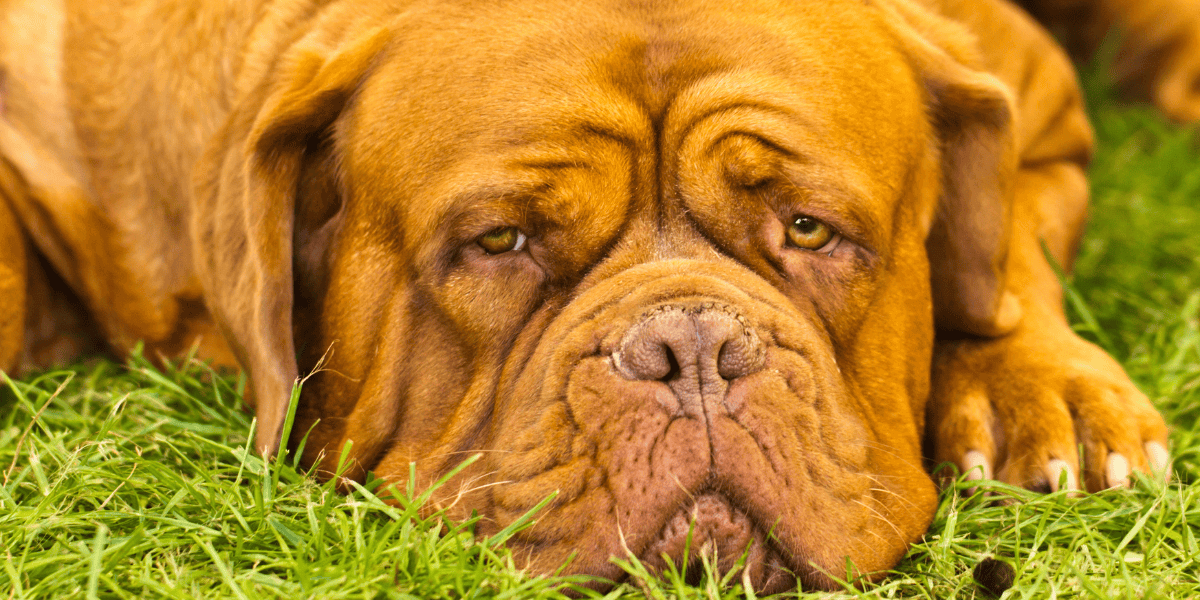
Eye issues in Dogue de Bordeaux can affect vision and comfort.
- Definition: Includes conditions such as cataracts and conjunctivitis
- Symptoms: Watch for squinting, discharge, or redness
- Diagnosis: Requires a veterinary eye examination
- Treatment: Options range from medication to surgical intervention
- Prevention: Regular eye checks and hygiene can help prevent problems
- Management: Follow your vet’s recommendations for treatment and care
- Prognosis: Many conditions are treatable with early intervention
Discover eye problems in Dogue de Bordeaux and compare with common Bernese Mountain Dog health issues.
7. Obesity

Obesity can lead to numerous health problems in Dogue de Bordeaux.
- Definition: Excess weight can strain joints and affect overall health
- Symptoms: Noticeable weight gain and reduced activity levels
- Diagnosis: Veterinarian assessment to measure weight and health
- Treatment: Involves dietary changes and increased exercise
- Prevention: Monitor diet and ensure regular physical activity
- Management: Regular weight checks and balanced nutrition are crucial
- Prognosis: Managing weight effectively improves overall health
8. Hypothyroidism
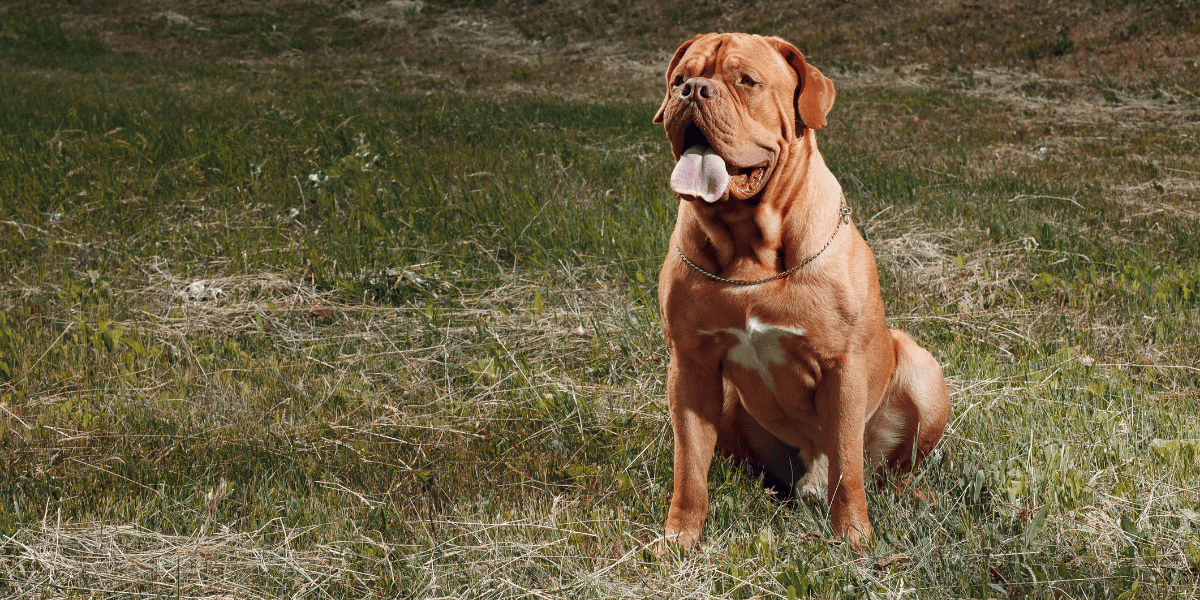
Hypothyroidism is a thyroid gland condition that can affect various bodily functions.
- Definition: Hypothyroidism involves insufficient thyroid hormone production
- Symptoms: Look for lethargy, weight gain, and skin problems
- Diagnosis: Blood tests are used to confirm thyroid hormone levels
- Treatment: Lifelong medication is usually required
- Prevention: Regular health screenings can detect early signs
- Management: Follow prescribed medication and monitor thyroid levels
- Prognosis: With proper treatment, dogs can lead normal lives
Understand hypothyroidism in Dogue de Bordeaux and see our guide to Great Danes nutrition for optimal health.
9. Cystinuria

Cystinuria, a genetic disorder, highlights key health concerns for Dogue de Bordeaux.
- Definition: Cystinuria causes abnormal levels of cystine in the urine
- Symptoms: Symptoms include frequent urination and discomfort
- Diagnosis: Urine tests and ultrasounds are used for diagnosis
- Treatment: May involve dietary changes and medication
- Prevention: Regular check-ups can help monitor kidney function
- Management: Ensure a proper diet and hydration to manage symptoms
- Prognosis: Managing the condition can improve quality of life
10. Degenerative Myelopathy

Degenerative Myelopathy is a progressive spinal cord disease affecting movement.
- Definition: This condition causes gradual loss of spinal cord function
- Symptoms: Look for stumbling, weakness in the hind limbs, and difficulty walking
- Diagnosis: Requires neurological examination and imaging
- Treatment: Physical therapy and supportive care can help manage symptoms
- Prevention: Genetic testing may identify at-risk dogs
- Management: Regular vet visits and supportive care are crucial
- Prognosis: Supportive care can improve quality of life despite the disease's progression
FAQs
1. What are the common symptoms of hip dysplasia in Dogue de Bordeaux?
- Hip dysplasia symptoms in Health Concerns for Dogue de Bordeaux: look for lameness
2. How can I prevent bloat in my Dogue de Bordeaux?
- Avoid feeding large meals and intense exercise immediately after eating
3. What are the signs of heart disease in Dogue de Bordeaux?
- Symptoms include coughing, lethargy, and difficulty breathing
4. How is elbow dysplasia diagnosed?
- Diagnosis involves a veterinary examination and X-rays
5. What treatments are available for skin conditions?
- Treatments may include topical medications and changes in grooming habits
6. Can obesity affect my Dogue de Bordeaux's health?
- Yes, obesity can lead to joint strain and other health issues
7. What should I do if I notice eye problems in my Dogue de Bordeaux?
- Schedule a veterinary eye examination to determine the issue and treatment
Conclusion
- Ensuring the health of your Dogue de Bordeaux involves understanding common concerns
- Regular veterinary check-ups and preventive care are essential
- Addressing Health Concerns for Dogue de Bordeaux like hip dysplasia and bloat helps
- Maintain a healthy diet and exercise routine to support overall well-being
- Seek prompt veterinary advice if you notice any health symptoms
- For more information and resources, consult with your veterinarian
Like this article? Share it with fellow Dogue de Bordeaux owners and comment below!
References
For more information on the Top 10 Health Concerns for Dogue de Bordeaux, check out:



